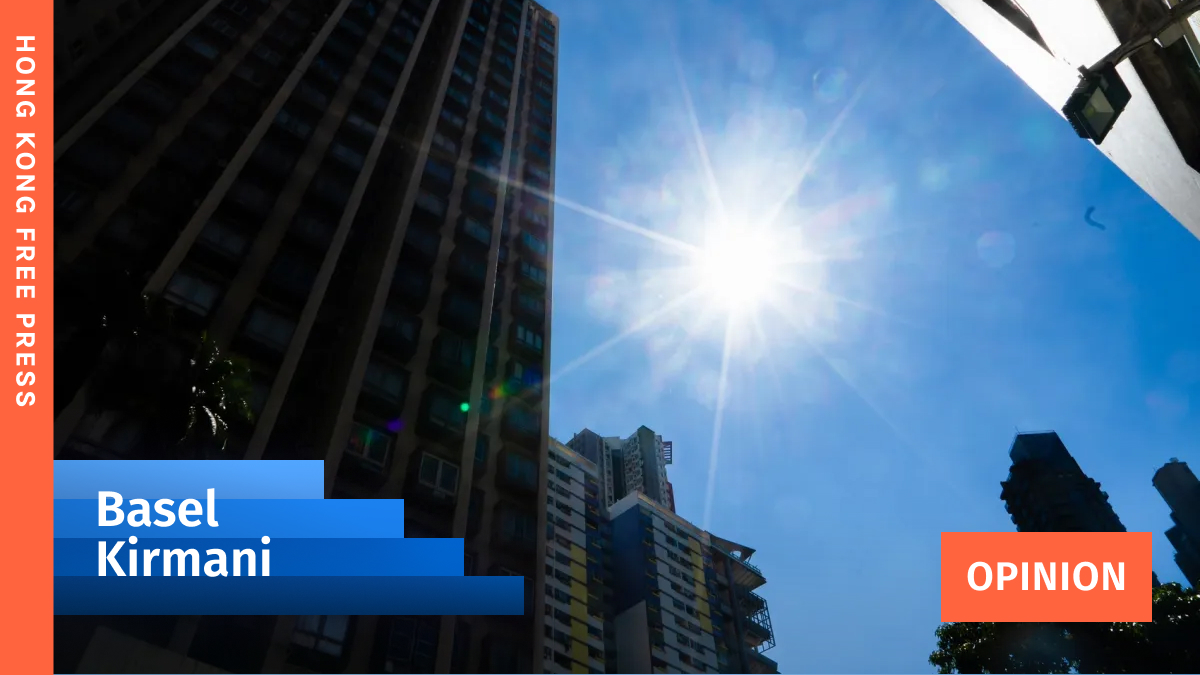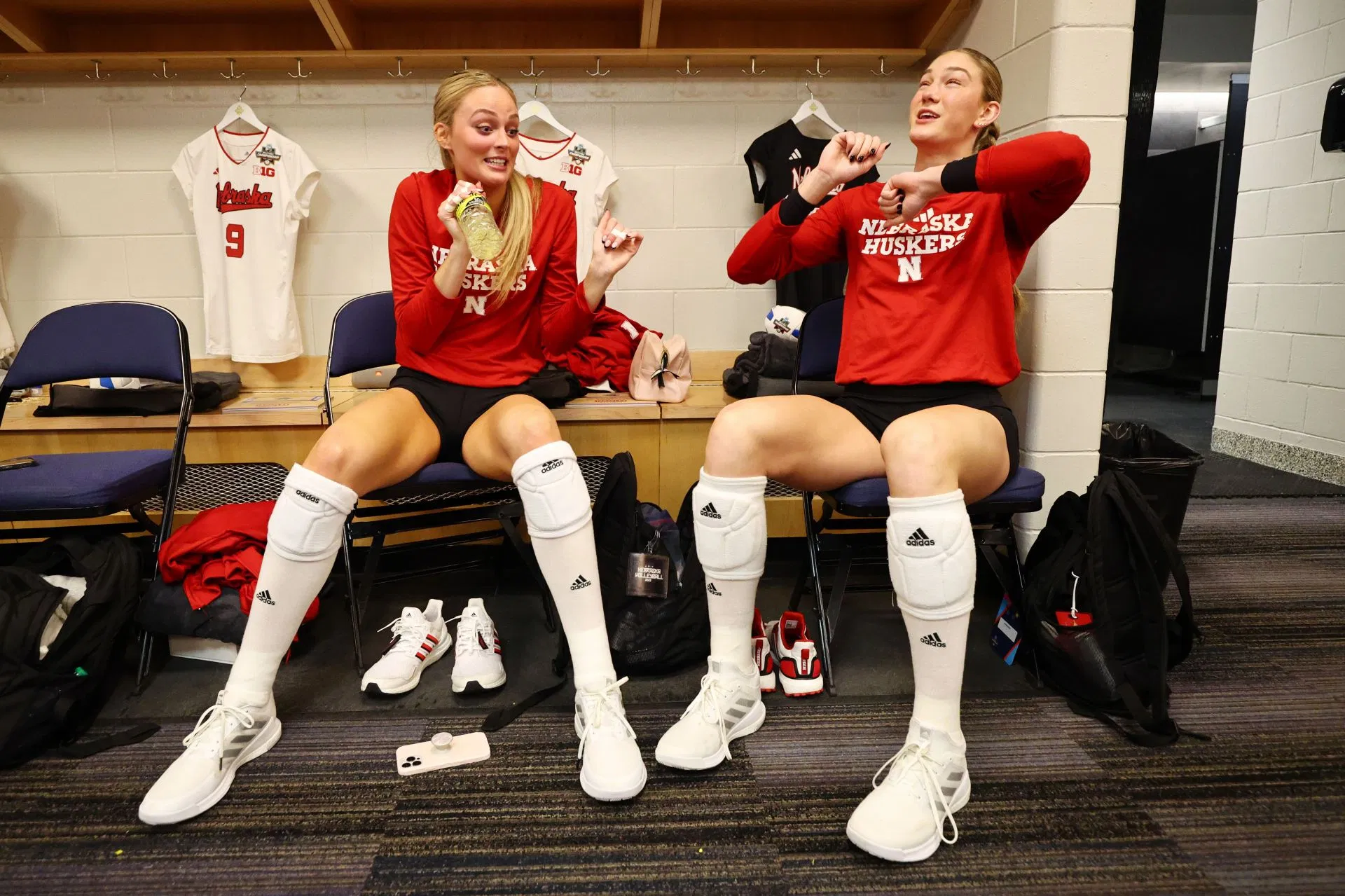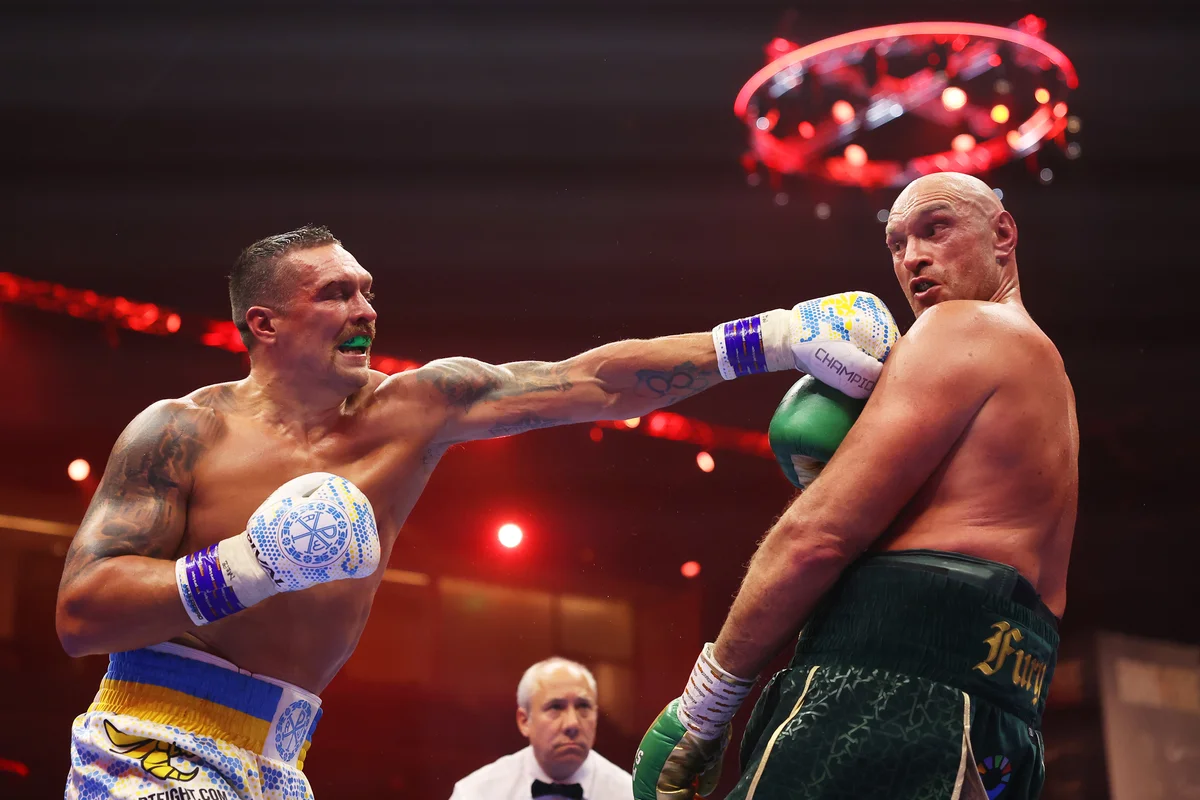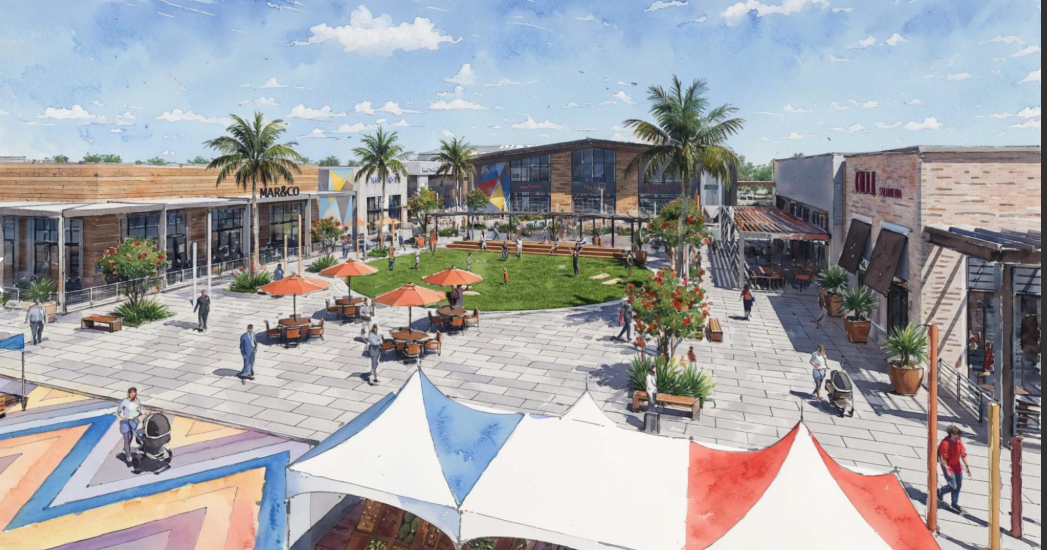Copyright hongkongfp

I change shape throughout the year. It’s too hot to run outdoors in the summer in Hong Kong, so my circumference increases. After the Mid-Autumn Festival, the weather gets cool enough to enjoy the trails, so I run more and slim down. The result is that throughout the year, I puff up and deflate according to the weather. You can tell the season by observing which belt hole I am using. This year, my autumn wardrobe feels a bit tight. Mooncake calories are still wobbling on my hips, when ordinarily I would have burned them off by now. Looking at my Strava running app, I see I was happily logging trail runs in early October 2024. The app also usefully tells me the weather on those runs “felt like 21 degrees Celsius.” But running post-Mid-Autumn Festival this year has felt so sweaty and miserable I have done less of it. That might be the influence of time on my ageing joints, or it might be a function of the temperature and humidity conspiring to feel like 28 degrees Celsius even after mooncake season. The Hong Kong Observatory data gives my ego some respite. The year 2025 has indeed seen the hottest October ever, just pipping 2024, which was the previous record holder. See also: Hong Kong logs hottest October for second consecutive year Evidence indicates that October 2026 will be warmer still. In other words, in the future, we will look back and miss the lovely cool days of 2025. Heat decreases productivity, reduces sleep quality, and reduces cognitive ability. Outdoors workers will suffer from more heat stress, coral reefs are already dying (in case that sounds like somebody else’s problem, it’s worth bearing in mind that Hong Kong is China’s marine biodiversity hotspot, with more species of coral than the Caribbean), and sports are on the verge of being unplayable. The most damnable thing about this heat is that the only thing we can do about it today makes the problem worse. At least with colder weather, you can put on a jumper. In hot, humid weather, air conditioning is pretty much the only solution. That in turn consumes energy, which today means emitting carbon and heat from the air conditioning unit itself, which in turn results in more warming. It creates a vicious cycle. I want to be very clear here – air conditioning is not a bad thing in its own right, and I am not at all suggesting people should swelter without it. If we had a clean electricity grid, there would be almost no moral compunction in switching on the air conditioning (or using AI, or mining bitcoin, or anything else powered by electricity). Fill your boots! But, alas, we don’t have a clean electricity grid. To their credit, Hong Kong’s electricity providers are in the process of replacing coal power with gas power, which has reduced the carbon intensity of electricity production in recent years – and which has reduced other air pollutants too. But true guilt-free energy consumption requires zero emissions, which needs renewables, not gas – and that will take time to deploy. In the meantime, while waiting for those renewables to be built out in Hong Kong, there are things that Hong Kong can be doing to reduce the vicious cycle effects of air conditioning. Including more trees in our urban spaces would reduce the urban heat island effect and, therefore, reduce the energy consumed by air conditioning units. Incorporating more urban water features would also have a cooling effect. Urban trees and streams – that actually sounds rather nice, and biodiversity would benefit too – what’s not to like? Swire’s Taikoo Place is a nice example of this put into practice, showing that corporations can continue to be profitable while acting on sustainability. Urban design strategies and more are on Hong Kong’s Climate Action Plan (CAP), but we have a role to play in keeping it high on the agenda. We can ask the Legislative Council candidates currently canvassing in the streets about the CAP to ensure they treat it as a priority. In the business world, we can use our leverage as consumers, employees and shareholders to ask that sustainability be baked into the overall corporate strategy. I’m optimistic that, instead of sustainability being synonymous with deprivation, efficiency and green electrification will make air conditioning and other creature comforts guilt-free. I’m confident that, if we are smart about it, nature-based solutions can make our lives happier and more comfortable. But in the meantime, let’s be proactive in asking our politicians and corporate leaders to build a city that is comfortable and liveable, indoors and out.



